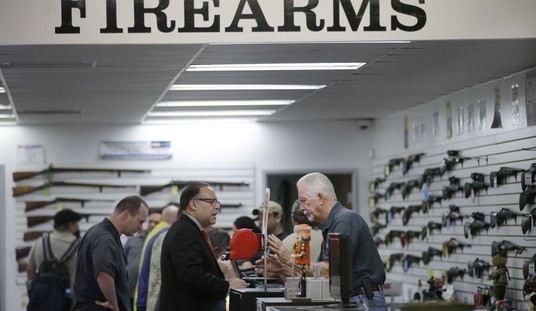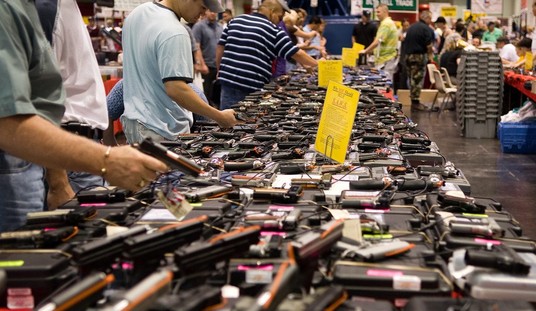The summer of 2016 was a rough time for law enforcement. There were several high profile police shootings. The media picked up what they thought would get the most ratings and the best reactions. President Obama consistently accused the police of racism, even though the number of white suspects shot and killed by the police was more than double that year. Anti-police activists began making public calls for body-worn cameras. They claimed that cameras would keep the police accountable, and this would lower the amount of officer-involved shootings. Now that police are wearing body cameras, activists groups are complaining that officers can mute their microphones after incidents.
As many of you have already heard, recently in Sacramento, a police helicopter observed a suspect breaking into cars. Officers responded to the scene where they confronted the man in the backyard of a residence. There was minimal light. The suspect held out a cell phone like it was a firearm and charged the officers who shot and killed him. Supervisors arrived on the scene, and the internal investigation began.
A complaint has been filed that the officers muted their microphones and cannot be heard speaking after the shooting. Opponents of the police are questioning the decision to allow officers to mute their cameras. However, according to the Sacramento Police Department, there was no policy prohibiting muting the device. In fact, officers were encouraged to mute them when talking to supervisors. Like it or not, the officers were following preset directives from the administration.
The department added that they were in the process of creating a policy that would prohibit officers from muting their microphones unless under strict, specific circumstances, but the shooting has sped up the process. The new system will allow officers to mute their cameras, but only at the discretion of a supervisor.
As mentioned earlier, anti-police activists believed there would be less officer-involved shootings with body cameras. But it appears that officers weren’t doing anything wrong before the body cameras since there has been no sharp decline in shootings. If anything, the police should be in favor of cameras because they are exonerating bogus complaints, showing most officers are innocent quicker than ever.
The irony is activists pushed body cameras, thinking that they were going to punish officers. The opposite happened, and the truth is readily available. Of course, there are bad cops, but those people aren’t cops, they are criminals in uniform. There is a difference. And often, they are exposed quickly and shown the exit.
Just like body cameras didn’t drastically reduce the number of officer-involved shootings, chances are muting the devices less often won’t either. That’s not to say that transparency in police duties isn’t good practice. When a government representative is allowed to seize an individual’s freedom, policies allowing insight by the public should be in place as long as an investigation is not compromised.
The Sacramento police released the video days after the shooting at the request of activists. But an officer being allowed to mute his or her microphone doesn’t mean there is a lack of transparency. If you watch the video, there is no question as to what happened. The suspect wanted it to look like he had a gun; he made the poor decision to act like he was armed at 4:00 a.m. and charge officers.
No muted microphone will change that.








Join the conversation as a VIP Member